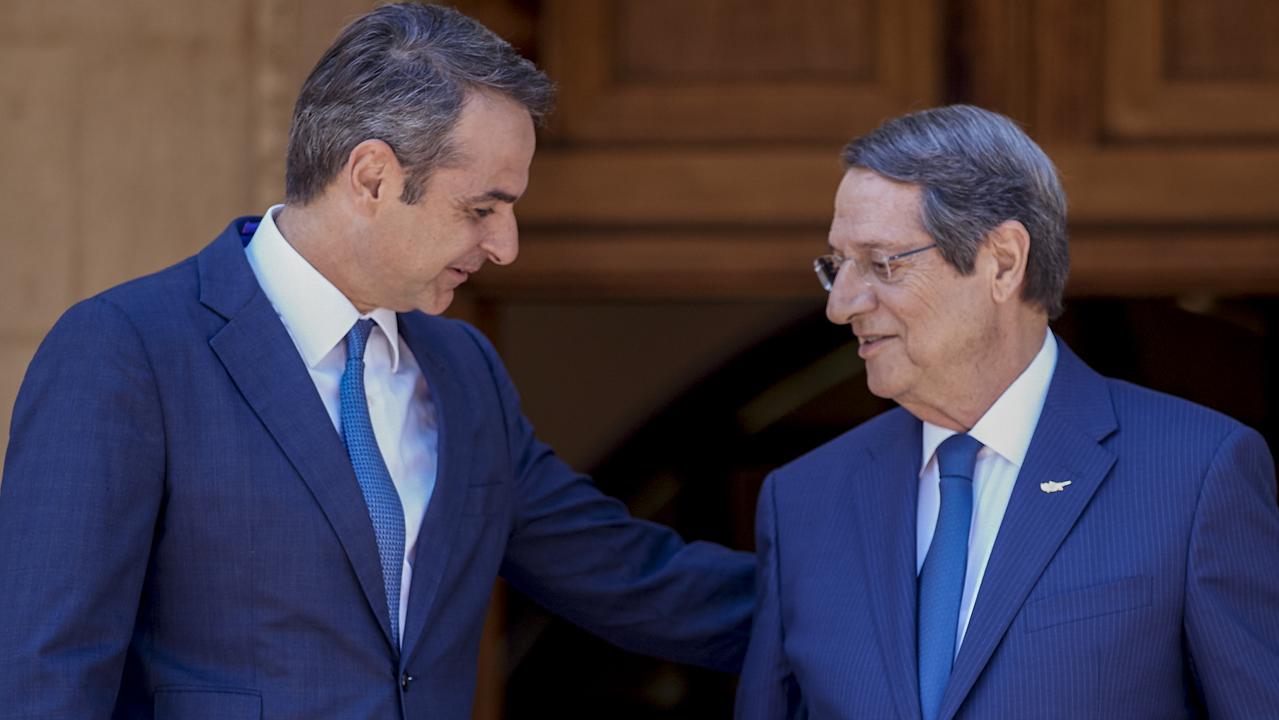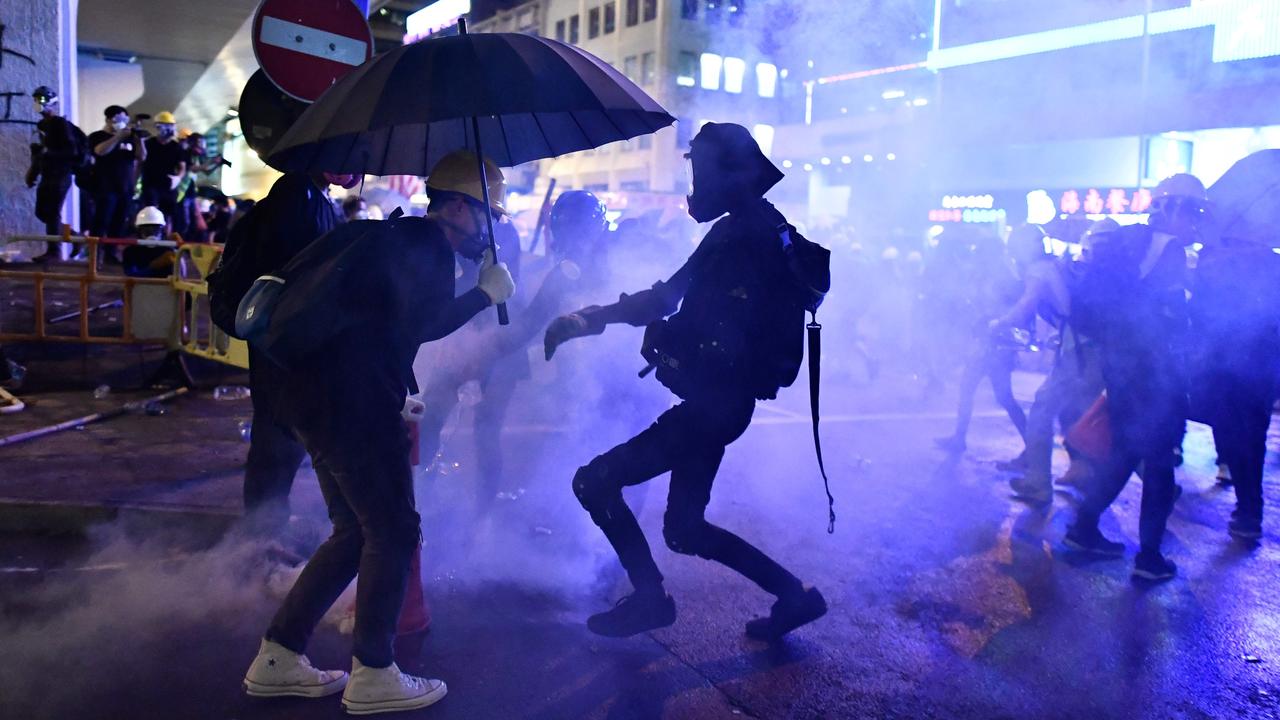Plaudits for Aquino but Philippines remains mired in old woes
THE Philippines is being lauded as “Asia’s strong man” but its economic formula remains stuck in the Marcos era.
It’s not hard to see why. Only in 2011, of the last five years, has economic growth slipped below 6 per cent per year. In that time, GDP per head has soared by 57.5 per cent as a result.
Coming off a low base, it’s moved up to become Australia’s 20th export market. And there’s bags of scope for development — with a youthful population about to rise past 100 million.
President Benigno Aquino, elected in 2010, has two years more in office before the constitution requires him to step down after a single term. Besides the economic vitality, he has also received broad praise for conducting an anti-corruption drive that has seen its rating rise in the Transparency International corruption index from 134 in 2010 to 85 last year.
And he has been lauded for landing a peace deal with Muslim rebels based in Mindanao in the country’s often-discontented southern islands. He is a fourth-generation politician. His father was assassinated on return from self-exile to challenge dictator Ferdinand Marcos, and his mother, Corazon, was propelled by “people power” into the presidency.
“Pinoy”, as the President likes to be known, might be viewed without stretching the story too far as a kind of Filipino Aung San Suu Kyi. But this isn’t the whole story. The country remains unwelcoming to foreign investment and foreign workers, despite Association of Southeast Asian Nations economic integration this year.
Only about 1 per cent of GDP is attributable to foreign direct investment, and politicians are united in opposing the introduction of more foreign workers.
In many respects, Pinoy inherited a growing economy. He has lambasted former presidents, especially his predecessor Gloria Arroyo — still in detention after five years on corruption charges, but without any convictions — despite the economy soaring 160 per cent in her term.
The formula for Philippines success has not changed much since the days of Marcos: hire out labour offshore to raise revenue, keep domestic wages low, prevent the rise of the middle class, keep the xenophobic Left happy by protectionism, and retain service industries in the hands of the local elite.
His domestic critics say only people openly opposed to Pinoy are tried for corruption, with the notable exception of police chief Alan Purisima, who is suspended following revelations of his palatial homes and other assets.
The Mindanao situation is a minefield in every sense. From the late 1930s, many of these local Muslims were pushed into the mountains as politicians in the newly independent state resettled Christians from land-short areas in the country’s centre and north. They’ve been fighting, to an extent, ever since.
One of the groups, the Moro National Liberation Front, laid claim also to Malaysia’s Sabah state on nearby Borneo island, and thus Manila, partly in a spirit of ASEAN solidarity, has opted to negotiate with its spin-off rival, the Moro Islamic Liberation Front.
One of Pinoy’s biggest achievements has been a framework agreement for peace with this MILF. But the MLNF has kept fighting. Two weekends ago when intelligence indicated that a Bali bombing leader, known as Marwan, was in a camp of a splinter group of MILF that was about to return to its fold, a massive police raid was organised — allegedly by Purisima, with Pinoy, which ended in Marwan dead, but also 44 police.
Concern has followed, that the peace efforts might now unravel. The President is credited with almost all government success, but also with failures. And in The Philippines, that’s fair enough, since its governance system, while based on that of the US, still owes much culturally to its Spanish inheritance — the leader and his executive enjoying extensive powers, partly because the lower house of congress is weak while the upper-house Senate tends to be a personal-interests forum.




WHICH country has in recent days been branded — by ANZ — “Asia’s strong man”, its economy “powering into 2015” according to Gilberto Llanto, president of the nation’s Institute for Development Studies? It’s The Philippines, and international praise has been a long time coming. Not since the presidency of Fidel Ramos (1992-1998) has the country enjoyed this kind of reputational glow.